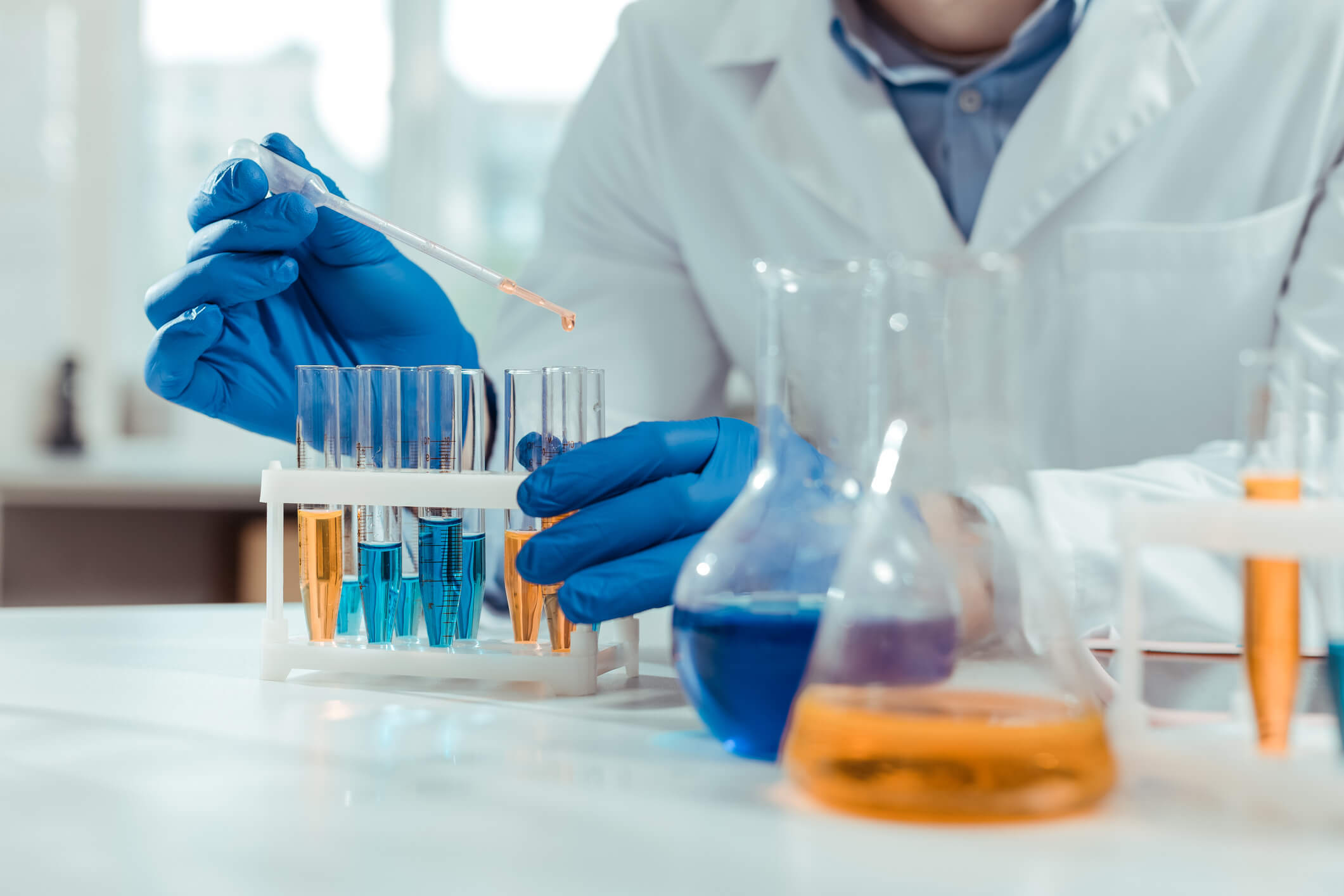Organic Chemistry 1
Overall Course Objectives
To give a fundamental knowledge of organic chemistry in order to have a solid background for understanding of our chemical surroundings, from biological relevant compounds and drugs to technically produced products.
The synthesis of organic compounds will be practiced by means of reaction mechanisms based on displacements of electrons.
Learning Objectives
- Name organic molecules based on IUPAC nomenclature, including E/Z and R/S stereoisomerism
- Draw stereochemically unequivocal structures for organic molecules
- Account for optical activity and the difference between enantiomers, diastereomers and meso compounds
- DIfferentiate between SN1/SN2 and E1/E2 reactions
- Draw resonance forms for cations and anions
- Predict reactivity of organic molecules based on structure, resonance and inductive effects
- Draw reaction mechanisms for simple, polar reactions
- Suggest syntheses in one or more steps of simple, organic molecules
- Design simple reactions with common functional groups
- Apply inorganic reagents for oxidation, reduction and substitution in synthetic planning
- Account for structure and reactivity of carbohydrates, amino acids, lipids and nucleic acids
Course Content
The bonding and stereochemistry of carbon. Preparation, reactivity and properties of simple organic compounds are treated according to functional groups (alkanes, alkenes, alkynes, alcohols and phenols, ethers, aromatics, aldehydes, ketones, carboxylic acids and derivatives and amines). Simple reaction mechanisms. Reactive intermediates (carbocations, carbanions). Electron structures and resonance theory.
Structures and reactivity of carbohydrates, amino acids, nucleosides and lipids.
Recommended prerequisites
26000/26001, General Chemistry or equivalent.
Teaching Method
Lectures and problem solving.
Faculty
Remarks
The course gives a basic introduction to the organic chemistry, and is an important prerequisite for understanding of all following courses in chemistry as well as in biotechnology and technical chemistry.
Written examination for 4 hours (7 scale.)



